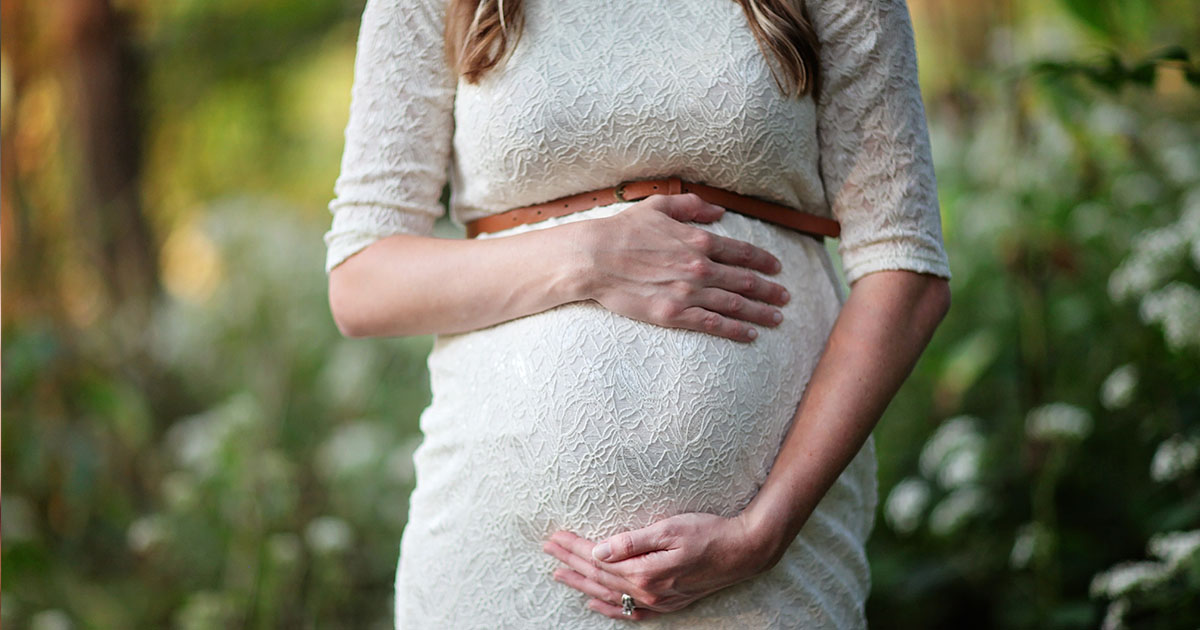If you have put off pregnancy because of work, relationship concerns or because you simply weren’t ready, there’s no denying your odds of getting pregnant are now far lower than just a few years ago. After 45, it’s almost impossible to get pregnant using your own eggs. At the same time, many 40-plus women do get pregnant, some using fertility treatments and some not. Recent studies have shown there may be benefits to waiting to have children, for both you and your child.No matter how old you are when you get pregnant, you’ll find your timing has both advantages and disadvantages.
Pros:
- You’ve had time to grow and to see the world.
- You’re presumably more secure financially and more comfortable in your career.
- You and your husband will provide a solid foundation for raising a family.
- Older mothers, who are, in general, better educated than young mothers, make wiser parenting decisions. They’re more apt to breastfeed and to make healthier nutritional choices such as opting for whole fruits rather than sweets or sugary drinks.
- Women who give themselves more years of experience in the workplace before having children tend to come back to work quicker after their maternity leave. Because they’re more connected to their employer, it’s easier for them to come back part-time if they want to, rather than leave the labor market altogether.
- Parents in their 40s are often more focused on their children than younger parents are. They’ve had time to travel and to have a broad range of experiences before having children. They have less financial pressure, and more of a ‘been there, done that’ attitude towards hard partying and 60-hour working weeks.
Cons:
- It’s harder to get pregnant the longer you wait. The principle reason: a woman’s egg supply decreases significantly as she ages and any eggs that remain are more likely to have chromosomal problems that raise the risk for miscarriage and birth defects.
- There’s a big difference in egg viability between the early 40s and the mid- to late 40s. There’s a steep drop in fertility in the 40s. The odds of getting pregnant at 41 are much better than they are at 43, for example.
- Among women who did get pregnant, the miscarriage rate was 24 percent for 40-year-olds, 38 percent for 43-year-olds, and 54 percent for 44-year-olds.
- In your 40s you’re far more likely to develop problems like raised blood pressure and diabetes during pregnancy, as well as placental problems and birth complications.
- Women over 40 have a higher risk of delivering a low-birth-weight or preterm labor. Stillbirth rates are also higher, and studies show that children born to older mothers may be at increased risk of type 1 diabetes and high blood pressure.
- Using a donor egg boosts the odds of getting pregnant considerably, that’s how most of the older celebrity moms are doing it, whether they admit it or not. The fact that they don’t talk about it openly does a real disservice to other women.
Husband’s Age:
Don’t forget about your husband. Although men are physically capable of fathering children in their 60s and even their 70s, sperm quality deteriorates with age, and there’s a higher rate of genetic defects than there is with the sperm of younger men. In recent years clinical trials have suggested links between the father’s age and genetic diseases such as Downs Syndrome and Schizophrenia.
Remember that even if you are in your mid-40s, you are still more likely to conceive a healthy baby than not. However, if you’re an older mum, you do have a higher chance of having a baby with a genetic abnormality. All women, regardless of their age, are offered screening tests for chromosomal abnormalities. Your age will be factored in to the result to assess the risk of your baby having a problem. Talk to your doctor if you’re unsure about what to do.
This increased risk can’t be explained by complications in the pregnancy or pre-existing health conditions alone. So health professionals are often more vigilant when it comes to looking after older mums especially in the last weeks of pregnancy.
Will my age affect my labor?
You’re more likely to need medical interventions such as an induction during the birth if you are an older mum. Some birth complications are more likely in older mums, but this doesn’t mean that they will automatically happen.
Your baby is more likely to be presenting in an unusual position at birth, particularly if you are over 40 and a first-time mum. This may be one reason why the rate of caesarean section rises as mums get older.
However we don’t fully understand the reasons behind the increased rates of interventions in older mums. Some doctors assume that as an older mum you need more care, even if your pregnancy is going well, due to the increased risks. Some research has found that fetal distress is more common in older mums, particularly first-time mums over 40. This may also explain why caesarean sections are higher in this age group. There’s some evidence that older mums are more likely to have a longer labor. This could be because the muscles of the uterus (womb) may not work as efficiently as women get older.
All these downsides can be disheartening but don’t forget that some women do get pregnant well into their 40s, and many of them have complication-free pregnancies and healthy babies. And while older mothers may be at higher risk for negative pregnancy results, the overall number of such incidents is low.

